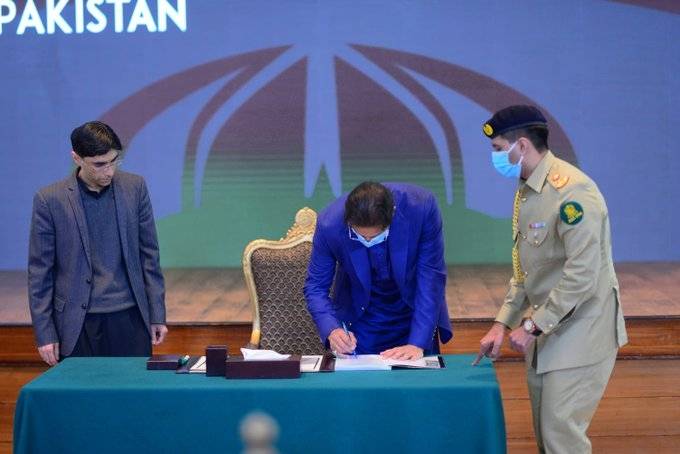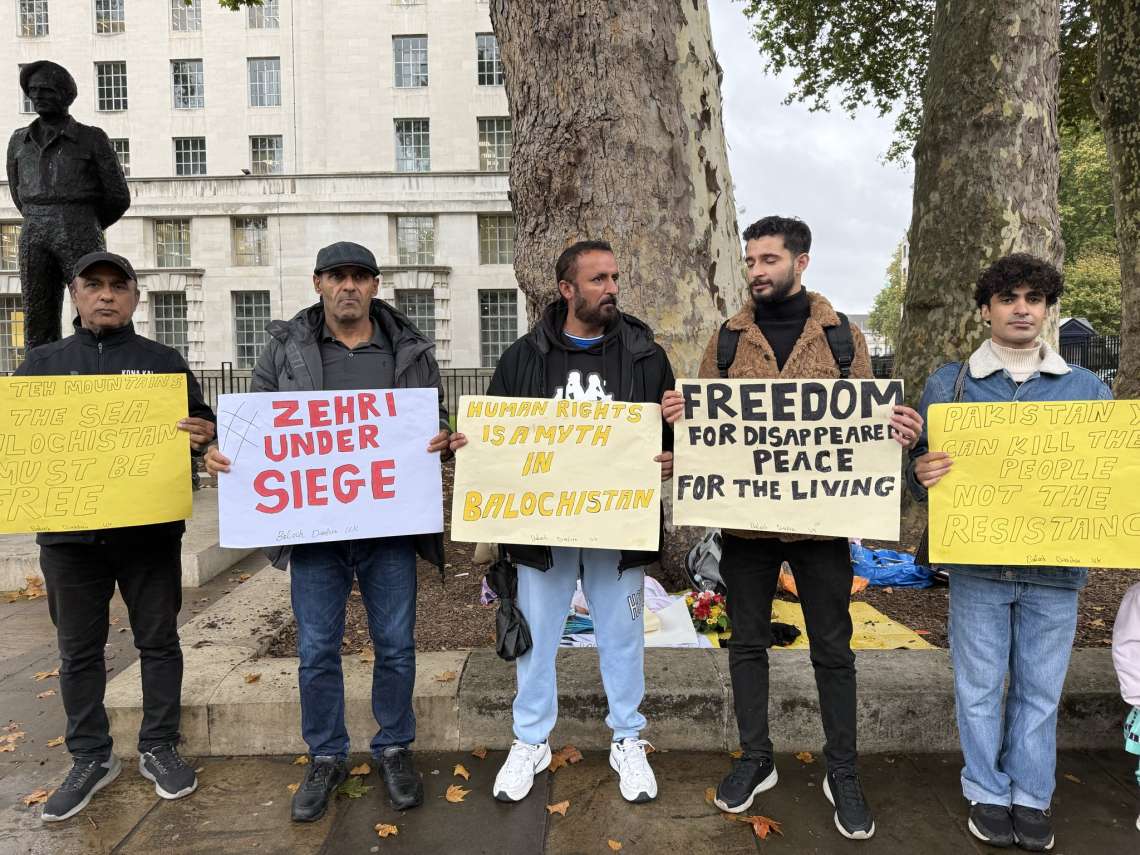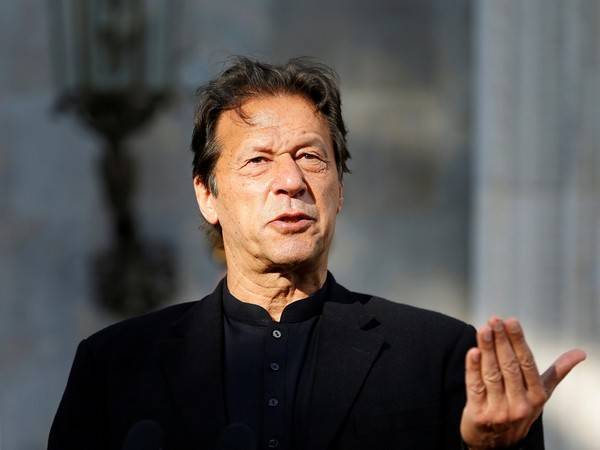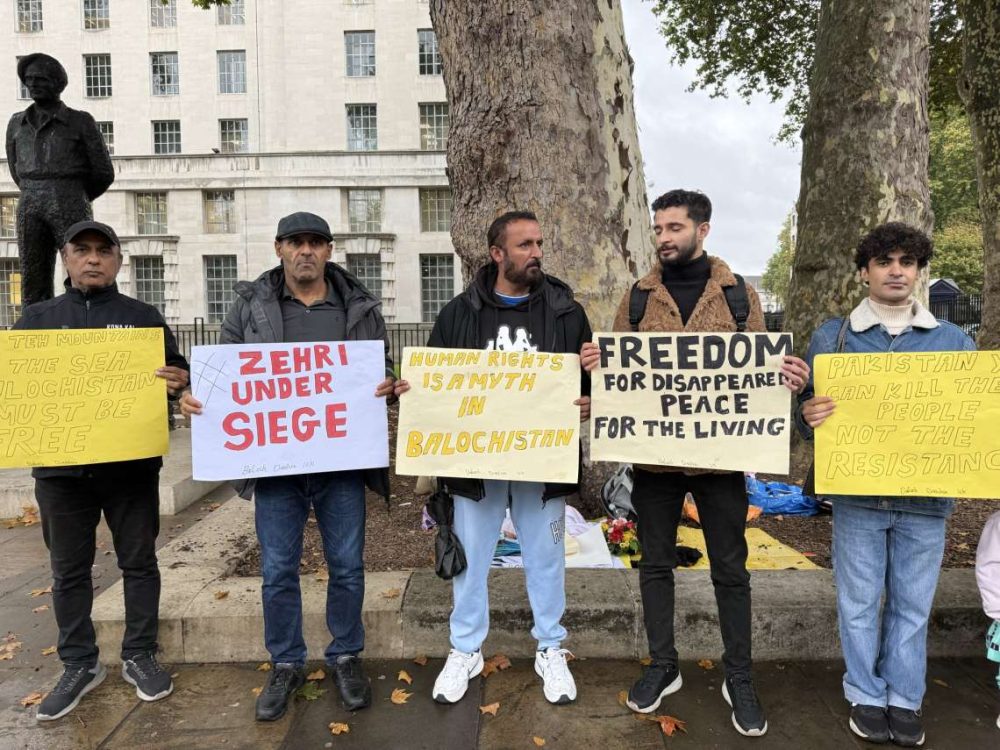Jammu and Kashmir finds only a small mention in the document which runs into 48 pages…reports Asian Lite News
Pakistan has blamed “India’s hegemonic designs” and the “unresolved Kashmir dispute” for the strained bilateral ties.
In its first ever National Security Policy, Pakistan said: “Towards the immediate east, bilateral ties have been stymied as a consequence of the unresolved Kashmir dispute and India’s hegemonic designs”.
Jammu and Kashmir finds only a small mention in the document which runs into 48 pages.
“A just and peaceful resolution of the Jammu and Kashmir dispute remains a vital national security interest for Pakistan. India’s illegal and unilateral actions of August 2019 have been rejected by the people of Indian Illegally Occupied Jammu and Kashmir (IIOJK).
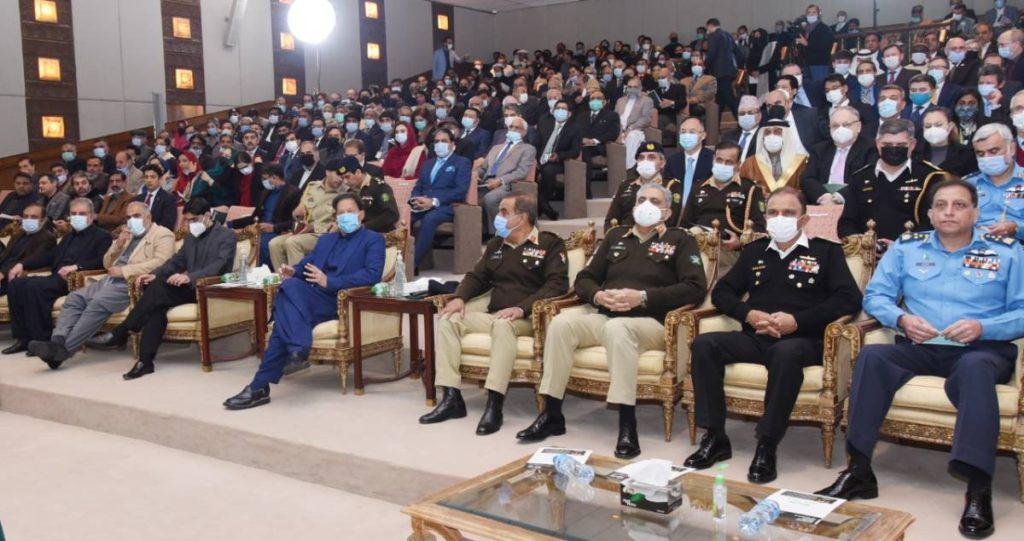
“Indian occupation forces continue to undertake human rights abuses and oppression through war crimes, crimes against humanity, and genocidal acts in IIOJK. In addition, India continues to create false propaganda around the Kashmiri resistance to hide its illegal actions.
“Pakistan remains steadfast in its moral, diplomatic, political, and legal support to the people of Kashmir until they achieve their right to self-determination guaranteed by the international community as per UN Security Council resolutions,” the document said.

Pakistan, under its policy of peace at home and abroad, wishes to improve its relationship with India, the National Security Policy document said.
“A just and peaceful resolution of the Jammu and Kashmir dispute remains at the core of our bilateral relationship. The rise of Hindutva-driven politics in India is deeply concerning and impacts Pakistan’s immediate security. The political exploitation of a policy of belligerence towards Pakistan by India’s leadership has led to the threat of military adventurism and non-contact warfare to our immediate east,” said the document.
“Growing Indian arms build-up, facilitated by access to advanced technologies and exceptions in the non-proliferation rules, is a matter of concern for Pakistan. Besides impacting regional stability, such policies of exceptionalism also undermine the global non-proliferation regime.
“India’s pursuit of unilateral policy actions on outstanding issues are attempts to impose one-sided solutions that can have far reaching negative consequences for regional stability.
“India is also consistently engaged in an effort to spread disinformation targeting Pakistan. Pakistan continues to believe in resolving all outstanding issues through dialogue; however, recent Indian actions remain significant hurdles in this direction,” the document added.
PDM slams govt over national security policy
Pakistan Democratic Movement (PDM) chief Maulana Fazlur Rehman lashed out at Imran Khan government for formulating the National Security Policy without any consultation with the country’s parliament, reported local media.
“The National Security Policy was being formulated, but the parliament was unaware about it,” Geo News quoted Fazlur as saying while addressing an event on Saturday.
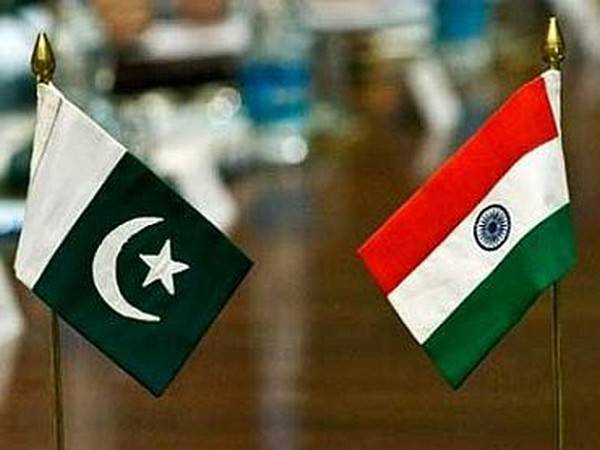
Pakistan Prime Minister Imran Khan launched the public version of the National Security Policy on Saturday.
Fazlur criticised the Imran government for green-lighting the security policy stressing it was done without any consultations.
The formulation of the National Security Policy (NSP) has drawn criticism from the opposition leaders.
In December, there was a ruckus in the upper house of Pakistan’s Parliament, as the country’s senators lashed out at the government for not presenting the NSP in the Senate, according to Geo News.
“What sort of a policy is this that the parliament did not get a chance to debate over? The parliament has not even seen this policy,” PML-N leader and Senator Sherry Rehman had said, chiding the government. (IANS/ANI)


